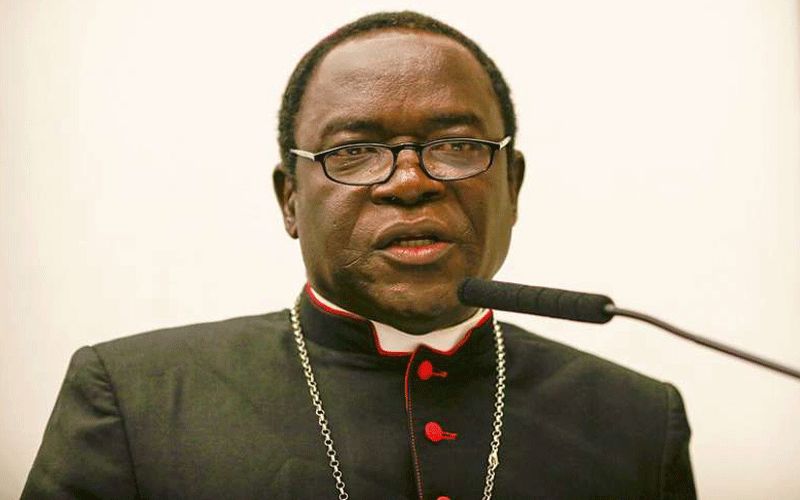Sokoto, 04 December, 2019 / 12:19 am (ACI Africa).
A Nigerian Catholic Bishop has joined his compatriots who are campaigning against a proposed bill seeking to regulate citizen engagement on social media terming the attempt a “short walk to totalitarianism” in Africa’s most populous country.
“This Bill is redundant, stale, superfluous and a fraud,” Bishop Matthew Hassan Kukah of Nigeria’s Sokoto diocese expressed his outright rejection of the proposed bill in a statement published by the Catholic News Service of Nigeria November 27.
“We will fight it with all our energy. It is rotten yoghurt being marketed beyond its expiration date. We should reject it as a totalitarian attempt to circumscribe our hard-earned freedom,” Bishop Kukah stated, lamenting that the proposed bill does not seek “to punish those who offend, but those who offend the government or those in government.”
The Nigerian Senate on Tuesday, November 5 re-introduced the ‘Protection from Internet Falsehood and Manipulations Bill 2019’ that will regulate the use of social media in the west African nation. The bill was first considered in 2015 but failed to pass into law after public outcry.
The bill prohibits statements on social media “likely to be prejudicial to national security” and “those which may diminish public confidence” in Nigeria’s government.








